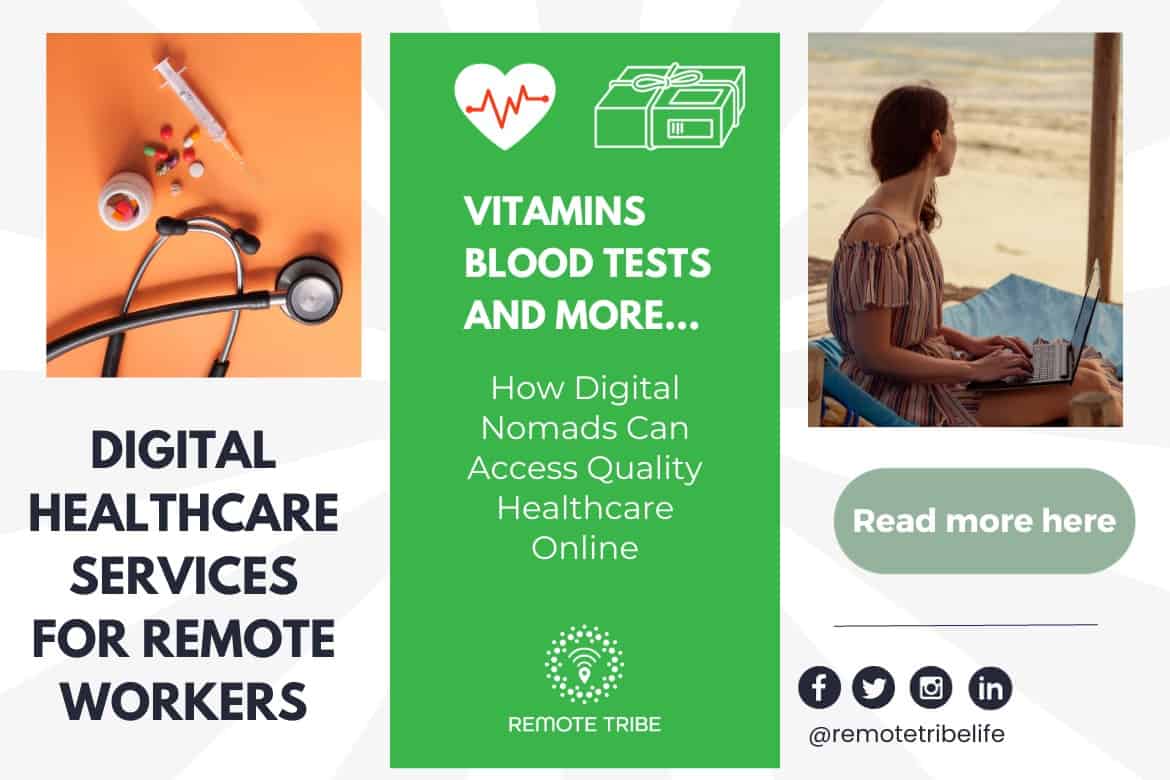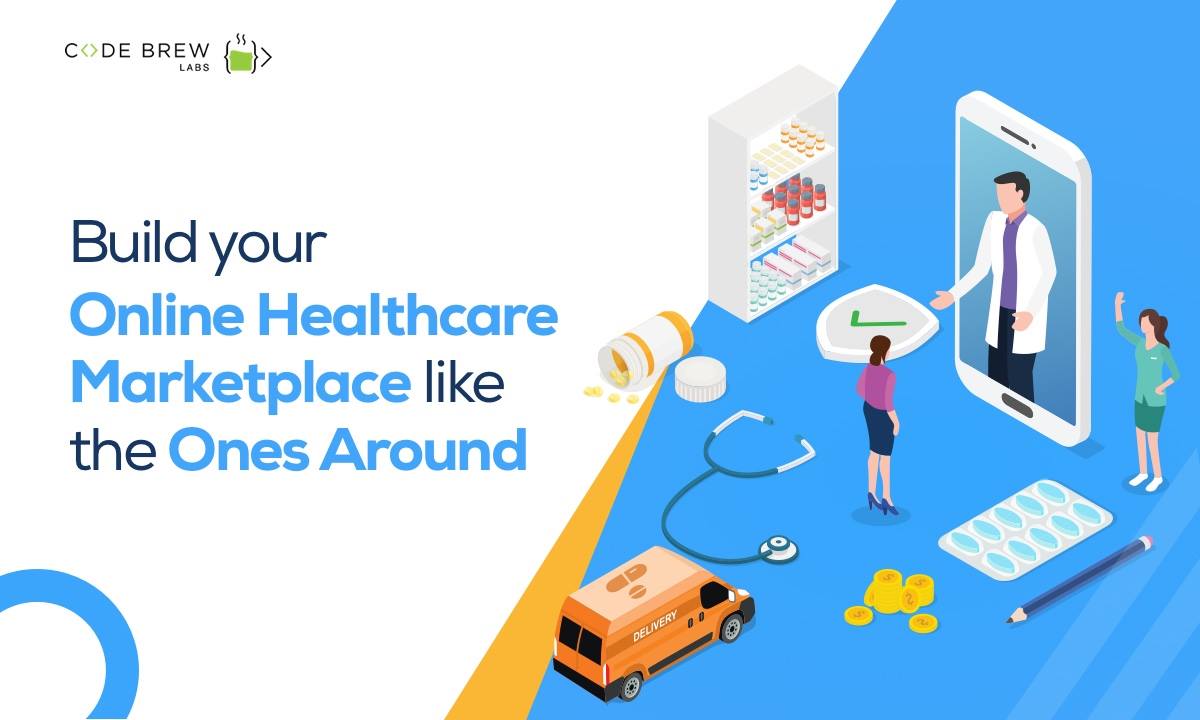The Surge of Subscription-Based Health Care and Its Influence On Person Care
As healthcare progresses, the subscription-based design is acquiring grip, promising to reinvent individual treatment by providing predictability and access. These designs, which bypass standard insurance policy, might redefine the patient-doctor dynamic, emphasizing preventive and tailored care. Yet, as with any kind of innovation, they provide challenges, particularly worrying equitable accessibility for all socioeconomic teams. The capacity for these models to reshape healthcare shipment elevates pressing questions about their long-lasting sustainability and inclusivity. Are these registration services the future of healthcare, or do they risk leaving susceptible populaces behind? The complexities of this shift warrant a more detailed evaluation.
Understanding Subscription Healthcare Models
Realizing the principle of registration health care versions involves checking out a transformative strategy to medical solutions that stresses affordability and access. These models, typically referred to as direct medical care (DPC) or attendant medication, have become innovative options to traditional fee-for-service healthcare systems. Registration health care allows clients to pay a fixed month-to-month or annual fee for a specified set of medical solutions, which may consist of limitless office visits, routine check-ups, and basic laboratory tests, without the need for traditional insurance invoicing.
The framework of registration healthcare designs is designed to improve patient care by removing third-party payers and intricate invoicing codes, therefore minimizing management concerns. Healthcare companies can focus more on patient treatment, fostering more powerful patient-provider partnerships. This model additionally promotes preventative treatment by motivating normal check outs, as the monetary obstacle of per-visit charges is eliminated.
The registration model often equips doctor to handle smaller person panels, permitting more personalized care. It lines up economic incentives with patient health end results, as carriers are encouraged to preserve person contentment and health. Overall, comprehending registration health care versions needs recognizing their prospective to improve just how care is delivered and accessed.
Advantages for Patients and Service Providers

For carriers, subscription-based designs offer the chance to strengthen patient-provider connections. With a stable income stream, medical care specialists can commit even more time to each person, bring about a more customized and complete treatment experience. This design also reduces reliance over person quantities, relieving burnout and boosting task satisfaction. Additionally, the focus on preventative care within subscription strategies can lead to far better patient end results and minimized lasting healthcare prices. By concentrating on constant care, suppliers can attend to concerns before they escalate, ultimately profiting the healthcare system in its entirety by decreasing the burden on emergency situation and intense treatment solutions.
Obstacles and Problems
While subscription-based health care designs present many advantages, they additionally feature a collection of obstacles and worries that should be dealt with. Access continues to be a substantial issue, as these versions often target people who can pay for month-to-month costs, possibly omitting low-income populaces. This raises ethical concerns about fair accessibility to healthcare solutions. Additionally, the different nature of subscription plans can cause complication among clients pertaining to insurance coverage specifics, potentially resulting in unmet expectations or inadequate care. click this link
Financial sustainability of subscription-based versions is one more concern. Companies have to stabilize the fixed earnings from registrations with the variable costs of health care solutions, which may vary because of unexpected medical needs. This can produce stress to restrict services or rise charges, possibly impacting patient fulfillment and care top quality.
Furthermore, regulatory oversight of subscription-based healthcare versions is still evolving. Dealing with these obstacles is crucial for the effective and fair implementation of subscription-based health care.
Impact on Patient-Doctor Relationships
One significant effect of subscription-based health care versions on patient-doctor connections is the potential for boosted connection and personalized treatment. By embracing a registration version, navigate to these guys medical professionals can manage a smaller sized individual panel, permitting even more committed time with each individual. This boosted schedule fosters a deeper understanding of an individual's clinical background, lifestyle, and choices, allowing a lot more tailored therapy plans and treatments.

Nevertheless, it is necessary to identify that while subscription-based designs may profit those who can manage them, they can accidentally broaden healthcare differences. People that are unable to take part in these designs may experience decreased access to personalized treatment, possibly impacting their connections with doctor. Thus, while the membership design provides promising advantages for patient-doctor partnerships, it additionally presents challenges that need to be resolved to make certain equitable medical care access.
Future of Medical Care Gain Access To

The function of technology can not be neglected in this improvement. Telemedicine platforms and digital health and wellness documents facilitate smooth communication in between clients and doctor, damaging down geographical and logistical obstacles. Additionally, improvements in fabricated intelligence and data analytics can further individualize healthcare by anticipating person needs and optimizing therapy plans.
Nonetheless, the future of healthcare gain access to additionally presents challenges, such as making certain equity throughout different socio-economic teams. Policymakers and health care companies must work together to link the digital divide, making sure that subscription-based designs stay inexpensive and comprehensive. As these systems grow, they hold the assurance of making health care extra obtainable, effective, and patient-centric.
Final Thought
Subscription-based health care models are reshaping patient care by supplying a stable price structure and enhancing accessibility. The increase of subscription-based healthcare motivates positive person engagement, which has the potential to enhance person outcomes and fulfillment, signaling a transformative change in medical care delivery.
As healthcare develops, the subscription-based design is obtaining traction, guaranteeing to reinvent patient care by supplying predictability and ease of access.Subscription-based medical care versions provide unique benefits for both carriers and people, boosting the total medical care experience.As health care systems evolve, the future of medical care gain access to regularly hinges on the integration of innovative versions and innovations.Subscription-based health care designs are improving client care by providing a secure cost structure and boosting access. The increase of subscription-based health care encourages proactive patient involvement, which has the prospective to enhance client end results and satisfaction, signifying a transformative change in medical care shipment.